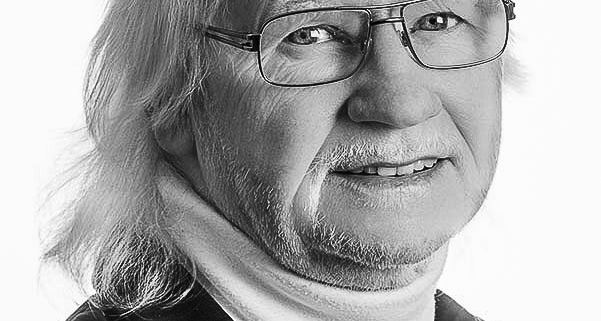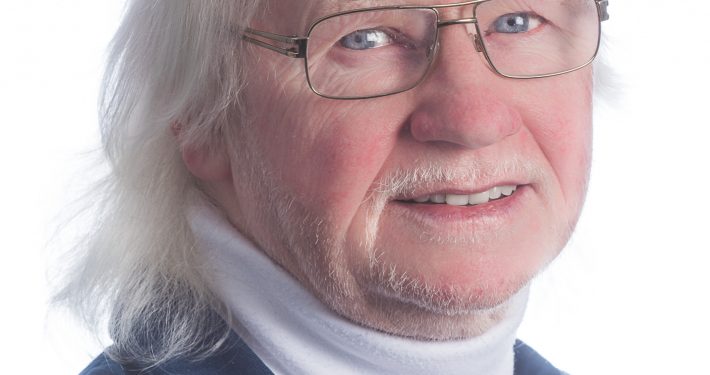Person-Centred Therapy
In person-centred therapy the qualities of the client-therapist relationship is the prime determinants of the outcome of therapy. The qualities of the therapist include genuineness, non-possessive warmth, accurate empathy, unconditional acceptance of, and respect, for the client. The client has the capacity for resolving life’s problems effectively without interpretation and direction from the therapist. Learning to accept one’s self and deciding on ways to change. By participating in the therapeutic relationship client’s self-healing capacities are activated and they become empowered. Clients actualize their potential for growth, wholeness, spontaneity and inner-directedness. The therapist strives to accurately understand the subjective world of the client; the focus of therapy is on clients’ perceptions of reality.
The counsellor or psychotherapist works to understand the client’s experience from the client’s point of view, and to positively value the client as a person in all aspects of their humanity, while aiming to be open and genuine as another human being. These attitudes of the therapist towards the client will only be helpful if the client experiences them as real within the relationship, and so the nature of the relationship that the counsellor and client create between themselves is crucial for the success of therapy.
Applications:
Person-centred therapy has wide applicability in: individual therapy, group counselling, student centred teaching and learning, parent-child relations. In a wide range of client problems including: Anxiety disorders, alcoholism, psychosomatic problems, agoraphobia, interpersonal difficulties, depression, cancer, and personality disorders.



